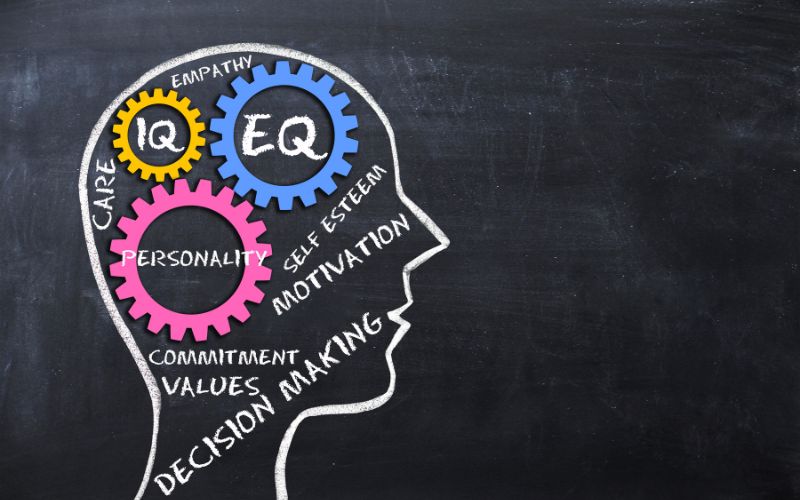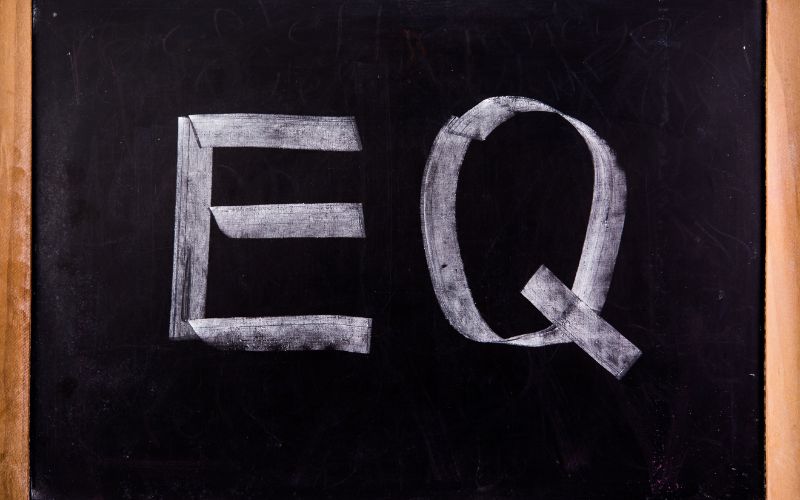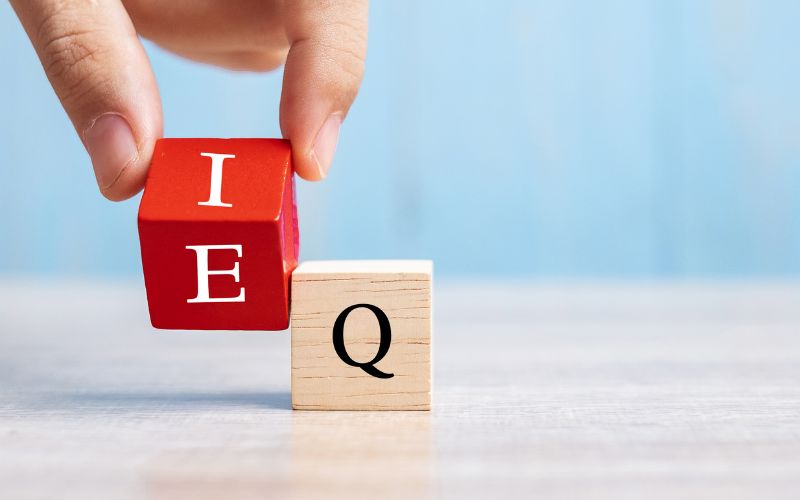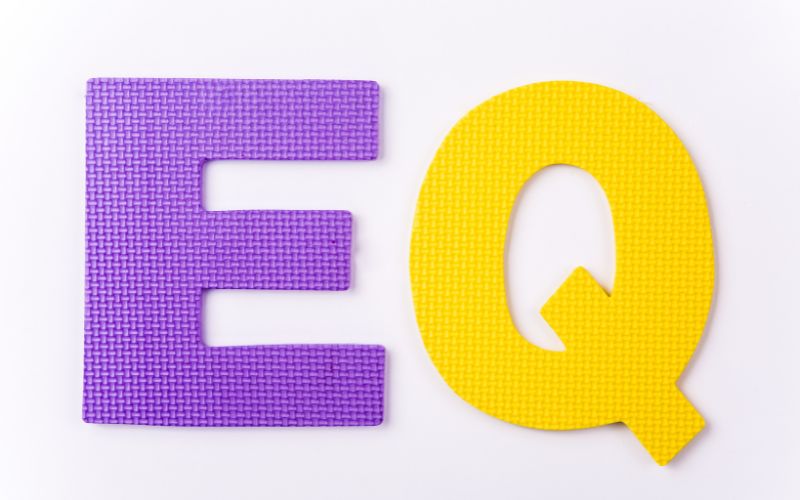Emotional intelligence, or EQ, is a crucial aspect of a child’s development. A child with a high EQ is one who can balance their emotions effectively, express their thoughts, and find efficient solutions. Here are some common signs to look out for to identify if your child has a high EQ:
1 Open Communication with Parents
A child with a high EQ is able to express their emotions and use them to build connections. It is important for parents to encourage their children to share their thoughts, especially when they are feeling down. Create a safe and comfortable environment for your child to open up and be there to support them through any challenges they may face.
 Open Communication with Parents
Open Communication with Parents
2 Curiosity and Inquisitiveness
A child with a high EQ is often curious about the world around them and asks a lot of “why” questions. They are intrigued by stories and new information. Encourage this curiosity and provide them with opportunities to explore and learn.
 Encourage Your Child’s Curiosity
Encourage Your Child’s Curiosity
3 Expressing Emotions Verbally
Children with high EQ are skilled at verbalizing their emotions. They can express their feelings of sadness when they are unable to play, and they feel excited when they get to play or receive new toys. Help them develop this skill by acknowledging and validating their emotions.
 Encourage Emotional Expression
Encourage Emotional Expression
4 Empathy for Others
Children with high EQ not only express their own emotions but also understand and empathize with others’ feelings. They may offer a hug to a sad friend or lend a helping hand to someone in need. Encourage this behavior and praise their empathy.
 Empathy for Others
Empathy for Others
5 Active Listening
Children with high EQ are often good listeners and problem solvers among their peers. They pay attention to what others have to say and are able to offer solutions to conflicts or issues. Foster this skill by encouraging open communication and respectful discussions.
 Active Listening and Conflict Resolution
Active Listening and Conflict Resolution
6 Maintaining Calm
Young children often have difficulty managing their emotions, which can be intense and overwhelming. Teach your child calming techniques such as deep breathing and counting to help them regulate their emotions effectively.
 Teaching Calming Techniques
Teaching Calming Techniques
7 Saying “No” Assertively
A child with a high EQ understands personal boundaries and is able to assertively refuse things they are uncomfortable with. They can say “no” to things they don’t like or want without feeling pressured to conform. Support your child in setting healthy boundaries and respect their decisions.
 Encouraging Assertiveness
Encouraging Assertiveness
Both IQ and EQ are important for a child’s development, and parents should aim to support their children in cultivating both. We hope this article has provided you with a better understanding of the signs of a child with a high EQ.
Source: Marrybaby.vn
Learning Tips for Parents: 12 Japanese Techniques to Use with Your Children
Discover the 12 principles of teaching children in the traditional Japanese way that parents can learn with Dien May XANH! By instilling these principles when your children are young, you can ensure that they grow up to be obedient, smart and polite, the hallmarks of a successful education in Japan.
Mothers’ Need for Awareness of Dual Activity of Breastfeeding and Watching TV
In the contemporary world, in which technology pervades our lives, some mothers tend to soothe their babies through nursing while simultaneously watching television. Although this practice may not appear to affect the infant, studies show that it can in fact have dire repercussions on the baby’s well-being, both in terms of physical health and mental growth. In this article, we will look at the possible reasons for this activity and its potential outcomes.





































